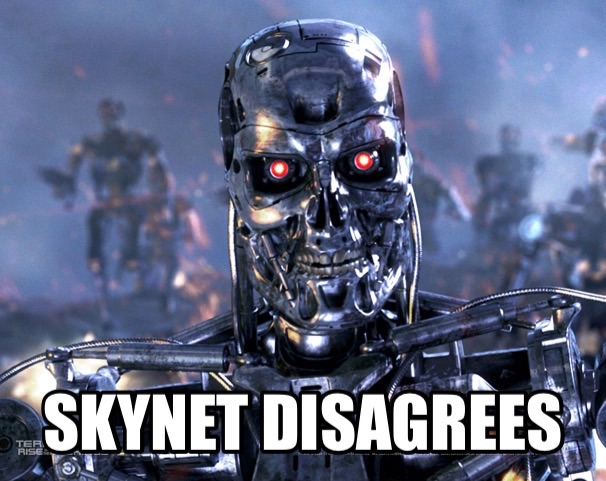Blaming teacher pay or school funding is a red herring. Nobody in the world spends more on their schools than the US, yet the results are still terrible.
It's the parents. The parents treat schools like free babysitting services, and they're too busy Keeping Up With The Kardashians (if middle class) or just making ends meet (if lower) to make sure their kids are doing their homework.
Want proof? Look how students from certain cultures that VALUE parent/child collaboration and accountability are doing. Asians are doing just fine, as are Jews. Because their parents actually ask them if they did their homework (and MAKE them do it on those rare occasions when the answer is "no").
But if your culture is one that casually tolerates single moms with 8 kids, or even worse *celebrates* every instance of pregnancy, regardless of the parents' ability to care for that child, then you will inevitably get parents incapable/unwilling to take an active role in their kids' educations.
It's the parents, stupid.
Yes and no to both of your points:
Funding is not the end all...but it helps. Mostly in two ways. First, lets say your a teacher with a few years experience and really getting good, in fact you won a national teacher of the year award! Unfortunately, your town doesn't think education is important and cut funding. That leads to you being laid off. First, its the town and its kids that loses out. But think of the teacher. When he goes and applies to a job, he or she will obviously get offers. Which do you take? All things equal, the higher paying. Teachers give a lot but we are still human, we have mortgages and kids. I drive 30 minutes instead of working in my town for nearly 20% more in pay, and work in one of the best school systems in my state. Same idea with states. Why teach in Florida when you can make 50% MORE in Massachusetts. There is a reason Florida is not doing so well in education. They are not pulling in the best teachers from other states. Its not the only reason, but it doesn't help. You are right though that it is not the end all, Alaska pays the highest yet does not do that well in annual reports and testing
One of the most important factors in education is class size and teacher-to-student ratio. As this goes down, learning, achievement gaps, etc go up. That takes spending to higher enough teachers to lower those numbers. The US has been doing a great job of this.
As for stereotyping cultures, this will get us nowhere. I have African-Americans who excel and are class leaders and ones that are at risk. But the same goes for whites and Asians. There may be a cultural undertone to putting a priority on education, but I have some parents that don't even speak English. They usually take their kids word for it. Granted, those kids are usually doing well.
Family support is really what you are talking about and yes, it is crucial. Kids of all walks of life leave my classroom and how much help, focus, organization and time they get at home really makes a difference.
Finally, a lot of people have trouble with the common core. It really doesn't change much, unless you are a bad teacher. Just introduce more reading, writing, research, etc into your classroom. I've made very little changes to my curriculum as students already have several major writing and research assignments as well as daily writing.
And overall, education in America is not as bad as people think. Just certain states drag down the national average, especially on international testing. And the media is a joke with their coverage. They claim their are 20-30 countries that are "better" than us. They don't point out that this is often the difference of 10-20 points on a 1000 scale. Like I said earlier, if my state was a country, we are considered a leader in education. They also count certain Chinese cities as countries for some reason in the data...weird.
PS- Still think the answer is M. Math has substitutions, x can equal 5 or y +3, why can't it equal a month?






